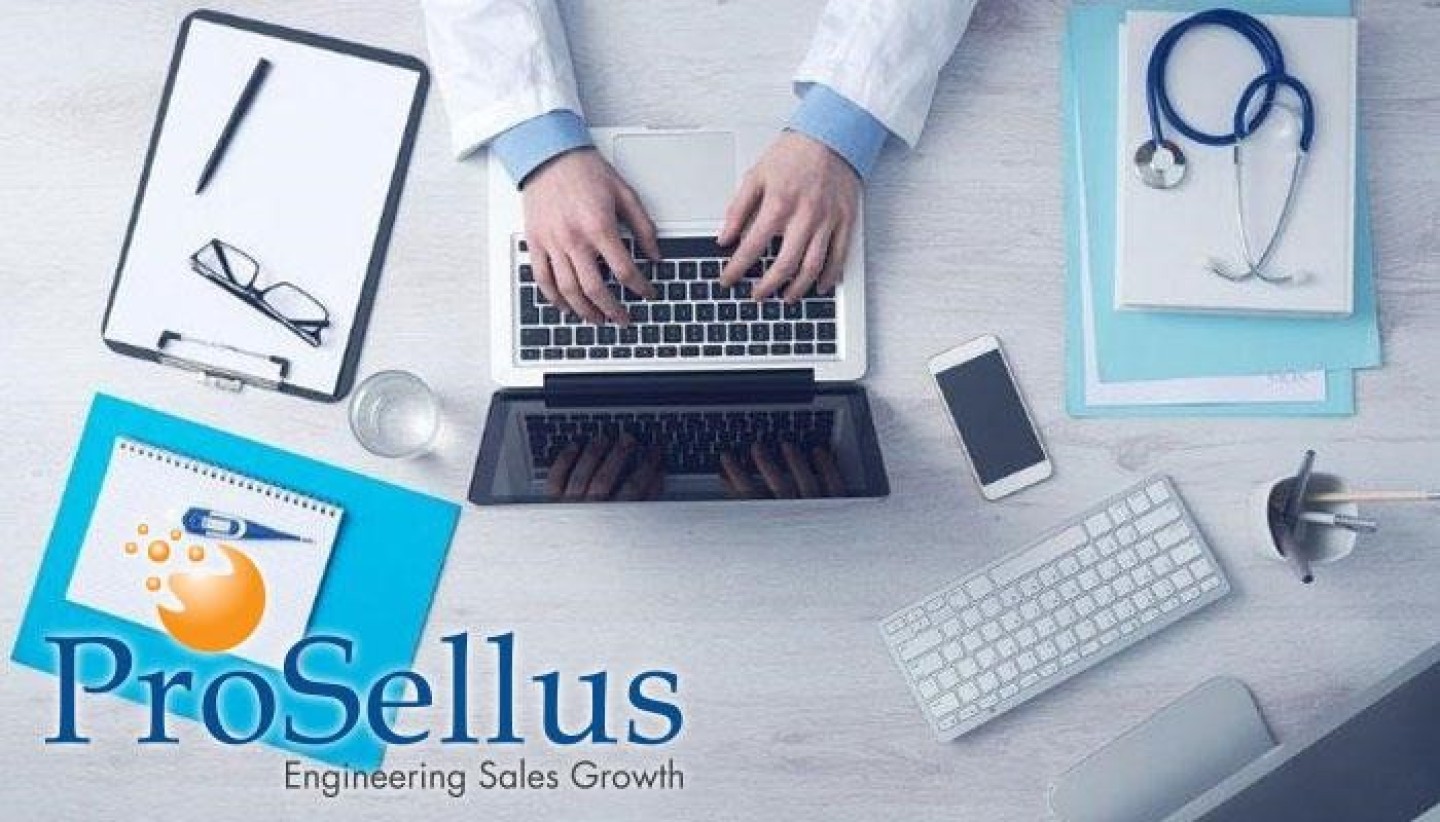Medical consultancy has always been a part of the healthcare sales industry. It’s a common means for pharmaceutical, medical device, diagnostic companies, etc., to get products into operating rooms and clinics across the country. A professional relationship is formed between a manufacturer and a physician, who agrees to contribute as a consultant in the development of a new drug or medical device being prepared for the market. The physician agrees to use the product in their practice and advise on what works, and what does not. (or something similar to that example…)
The US Congress initiated legislation, dubbed the Sunshine Act, to shed some light on these relationships. What is the Sunshine Act exactly? And how does it affect the healthcare sales business?
[prosellusbanner]
The Sunshine Act Brings Transparency to the Healthcare Sales Organizations & Physician/Hospital Relationships
The Physicians Sunshine Act came into effect on August 1st, 2013.
“The Sunshine Act requires manufacturers of drugs, medical devices, biological and medical supplies covered by the three federal health care programs Medicare, Medicaid, and State Children’s Health Insurance Program (SCHIP) to collect and track all financial relationships with physicians and teaching hospitals and to report these data to the Centers for Medicare and Medicaid Services (CMS).”
The Sunshine Act intends to bring transparency into the sometimes murky relationship between doctors and drug companies. Consumers are empowered by free access to information because now they can see if their physician has any financial relationship with healthcare sales company. It’s not a pleasant feeling when you realize your doctor has been prescribing a new drug to you that he/she just so happens to receive money for speaking about.
Salespeople can also empowered by the information because it allows them to target potential leads with improved accuracy.

The Value of Sunshine Data for Sales Reps
Market insights derived from Sunshine Act Data are incredibly valuable.
It’s the only way you can be sure of potential customer biases. Biases in turn, should inform the strategy you take in approaching the customer.
For example, if you know a large physician target in your sales territory is receiving $500,000 a year in payments from your competitor, you probably want to focus energy elsewhere.
Other insights that can be gained from the Sunshine Act Data:
-How often your competitive salesperson is buying lunch/coffee/etc for your target Customer.
-What products are your competitors actually talking about to customers
-What products target physicians are being paid to talk about
-What clinical studies are underway, who the physicians are who are participating
Sometimes 2-3 years before the study is even public
All of this competitive intelligence is at your fingertips, and for the best reps… this is the kind of information your “Rainmakers” absolutely crave!
Access to the Data
One drawback to the implementation of the law is access to the information. The data is stored in a government database and is annoying, if not impossible to retrieve. Consumers who just want to look up their personal physician may not find the navigating the database to be such a hassle – but salespeople who want to use the data for competitive purposes sure do. If you’re looking for one physician and that’s all you want to do, fine. But when you’re a salesperson trying to gather insights about physicians and want to look at a lot of this data, and quickly, the public sites are a non-starter. That’s why we made it easy to access the Sunshine Data from the ProSellus platform.

Conclusion
If you are a healthcare salesperson and you are not benefiting from Sunshine data, you’re in for a treat!
It might be the most critical market insight you’re not taking advantage of – but with ProSellus, the Healthcare non-CRM you can change all of that.
Based on our customer usage behavior, Sunshine Data is the #1 topic researched during the first few months of utilization. Salespeople are confirming their thoughts about physicians or discovering sizeable opportunities in their local market!
At ProSellus, we take pride in breaking down barriers to information and simplifying the research side of Healthcare Sales. Having access to all of the information you ever wanted about customers and potential customers in one easy mobile solution.
Welcome to ProSellus, the Healthcare non-CRM.
To learn more about ProSellus or if you’d like to talk about the Sunshine Date please don’t hesitate to check us out at blog.prosellus.com or reach out to me directly at scottwalle@prosellus.com .
[prosellusbanner]




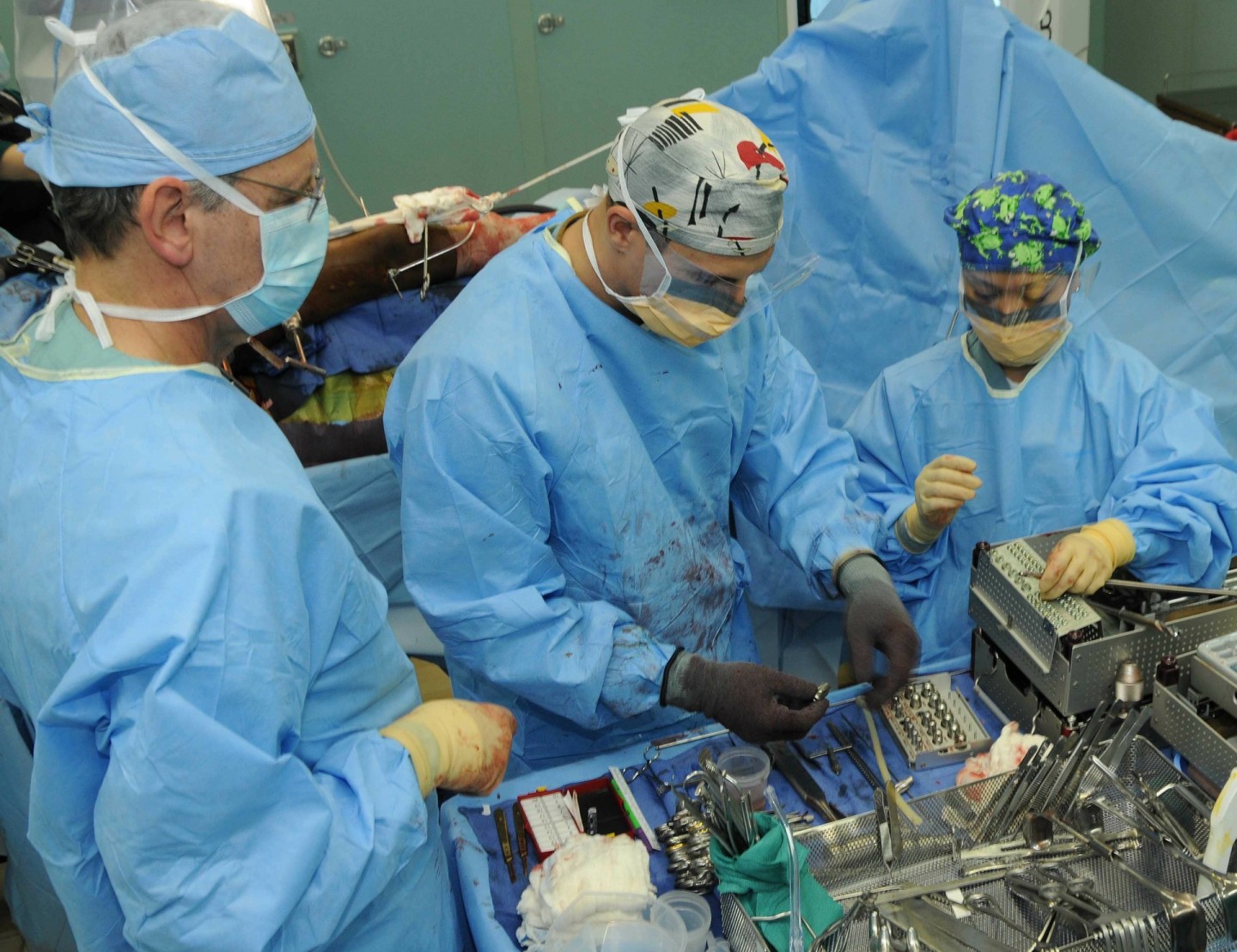


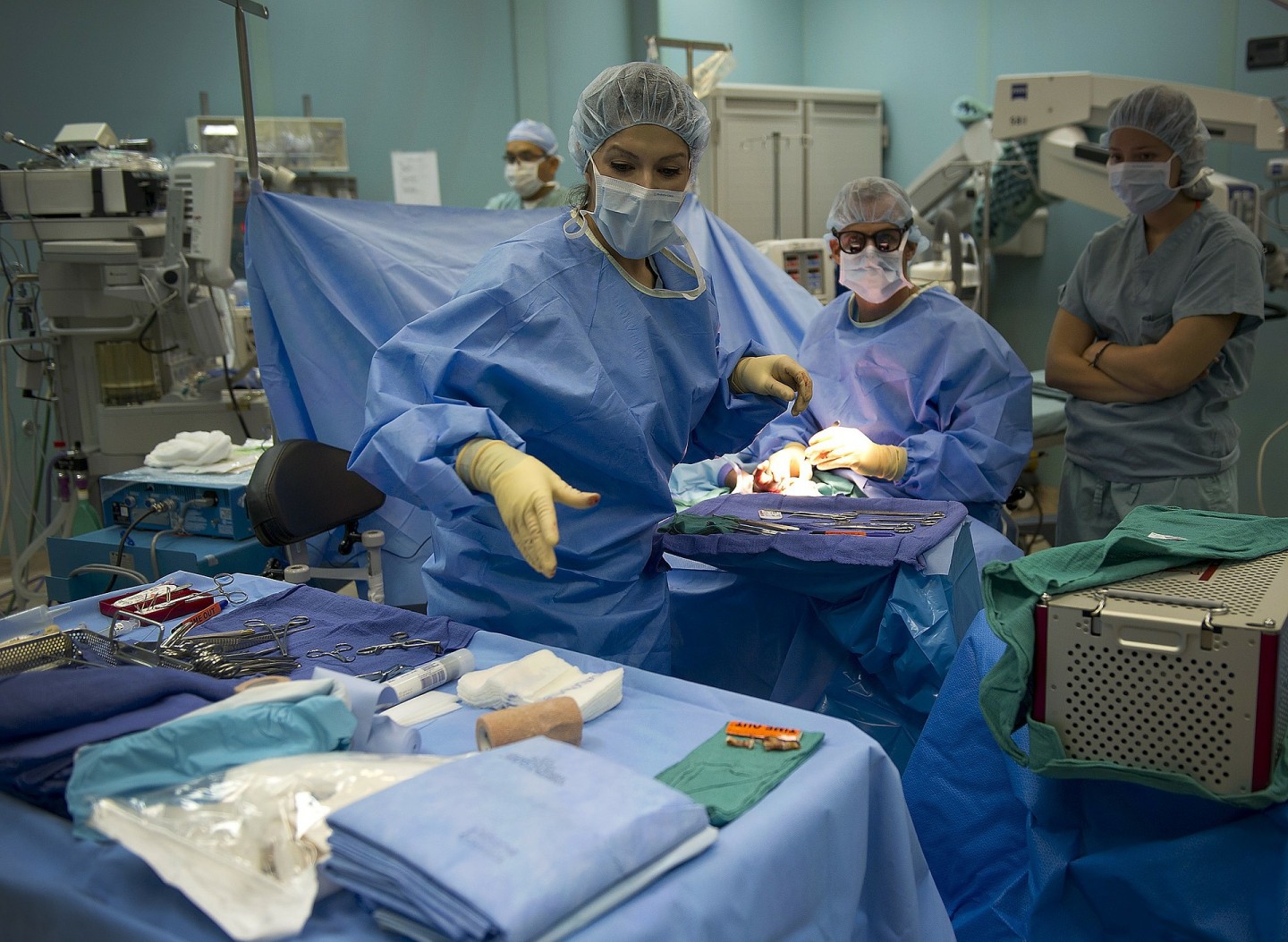







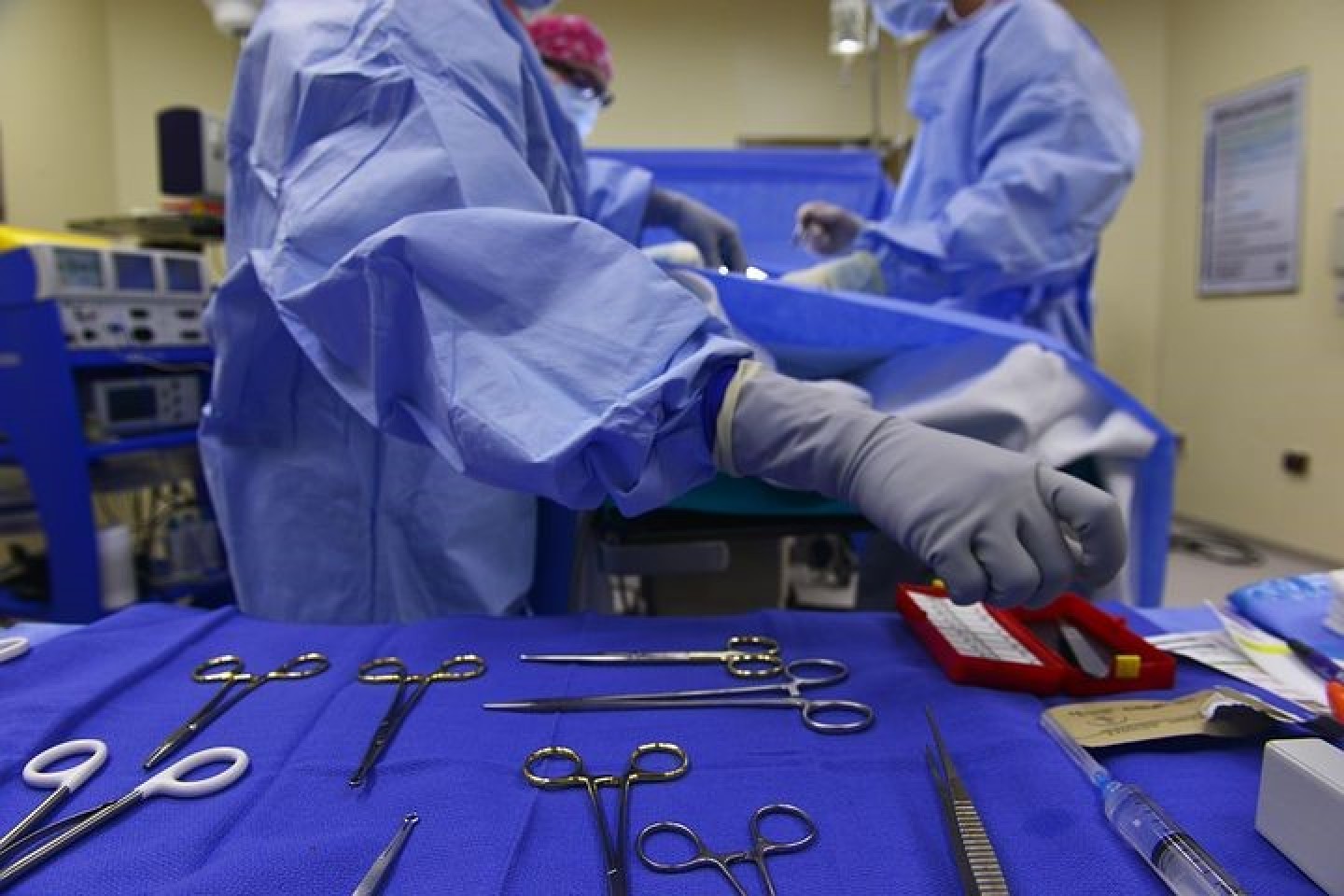
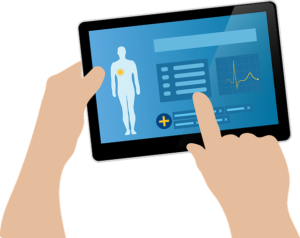




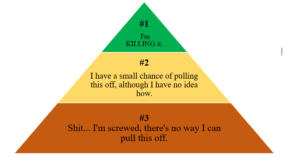




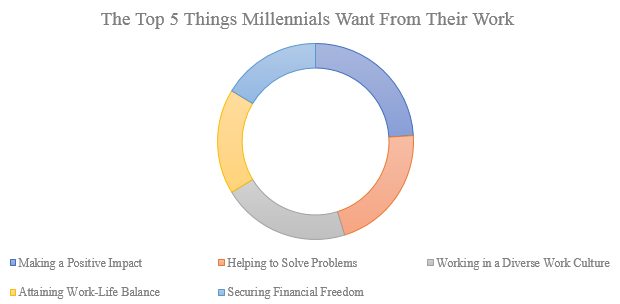
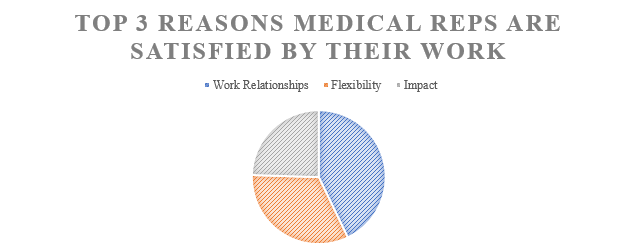



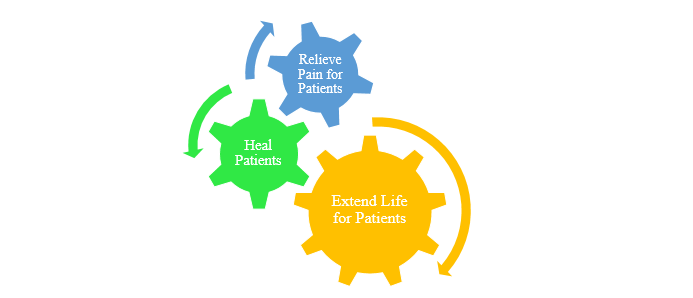




 Cultivate Relationships Based on Need & Demand
Cultivate Relationships Based on Need & Demand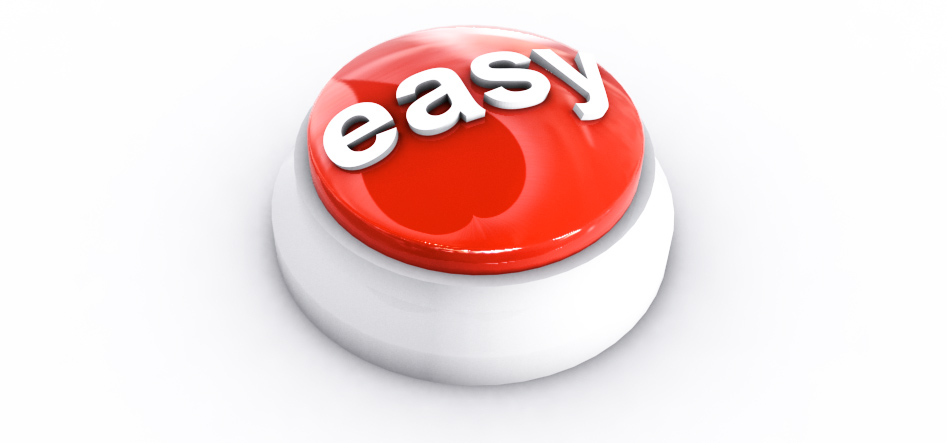 So, What’s the Trick? Where’s the “Easy Button”?
So, What’s the Trick? Where’s the “Easy Button”?